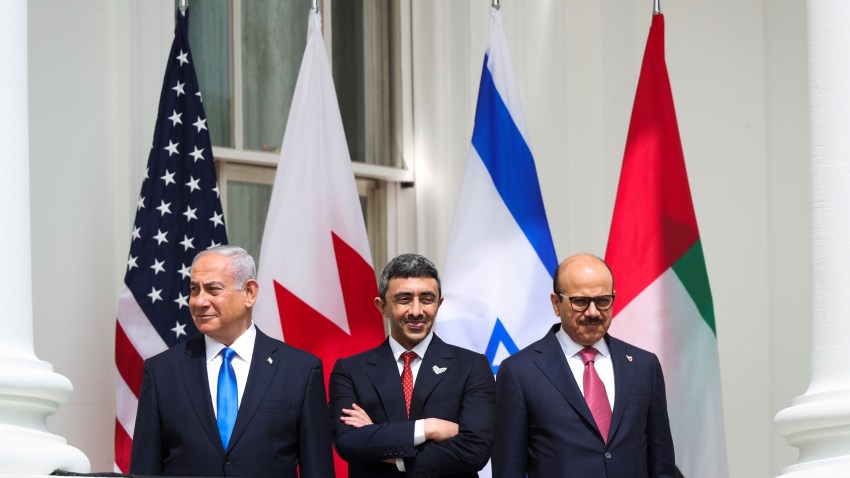In early June, U.S. Secretary of State Antony Blinken traveled to Saudi Arabia, where he met with the kingdom’s de facto ruler, Saudi Crown Prince Mohamed Bin Salman. Blinken’s trip was part of an effort to repair bilateral ties, which have frayed in the two years since U.S. President Joe Biden took office, due to tensions over Saudi Arabia’s human rights abuses as well as its refusal to increase oil production to bring down global prices.
But while improving the tenor of bilateral relations was a major focus of the trip, Blinken also repeatedly mentioned both before and after he arrived in Riyadh the Biden administration’s desire to expand the Abraham Accords—the series of normalization agreements between Israel and Arab countries launched in 2020 by the administration of former President Donald Trump. So far the United Arab Emirates, Bahrain, Morocco and Sudan have signed the accords. Though he did not say so explicitly, Blinken was clearly referring to what might be characterized as the “holy grail” of U.S. policy in the Middle East: getting Riyadh to follow suit and normalize ties with Israel.
That effort is underpinned by the general consensus in Washington that the accords have been an overwhelming success and that expanding them to include Saudi Arabia will only increase their benefits. But that might be an overly rosy assessment.

